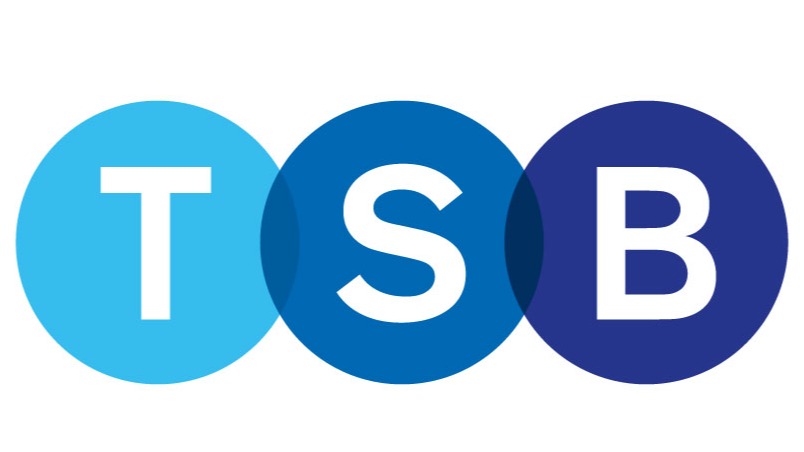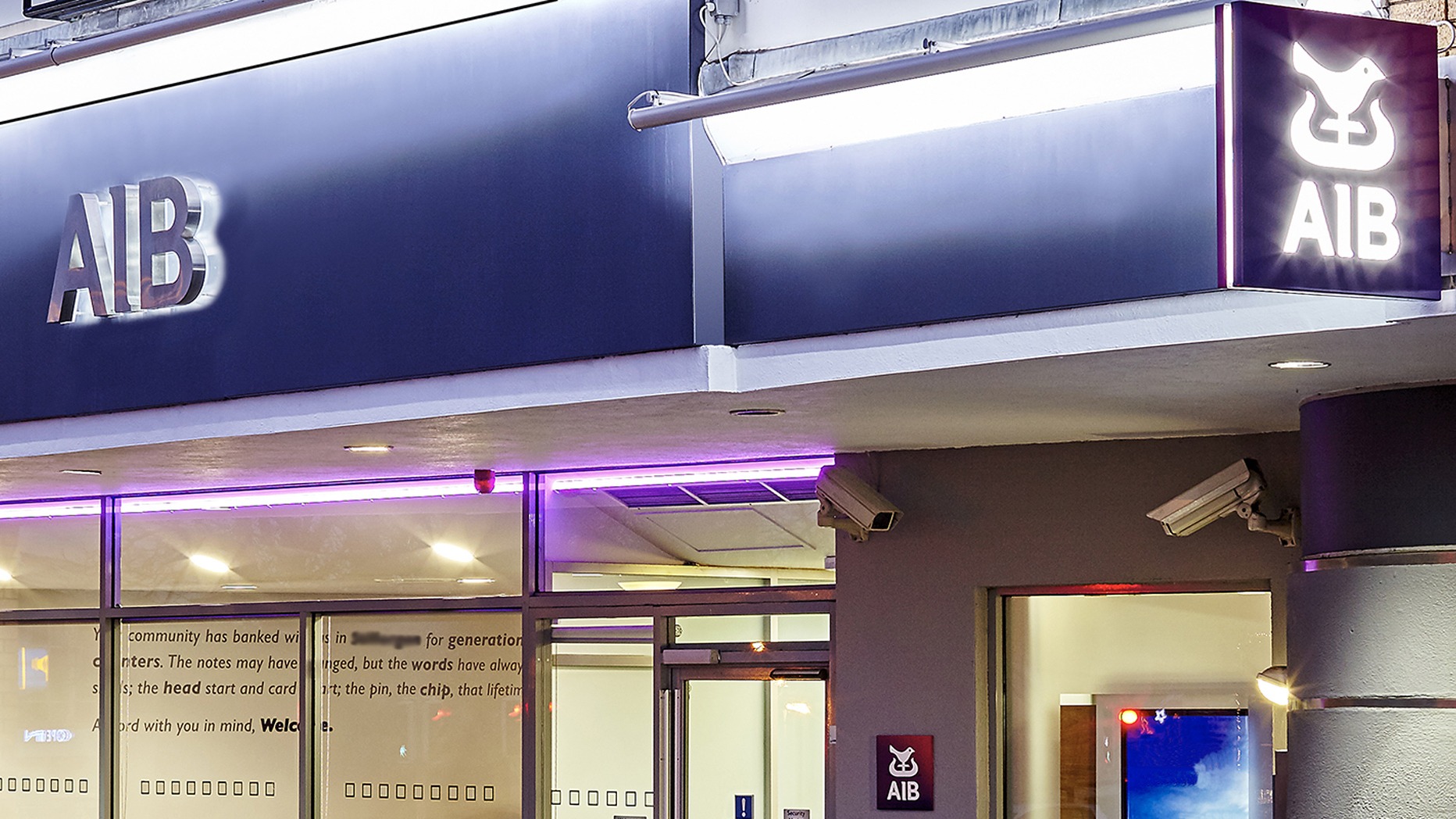Ireland has sold its remaining shares in AIB Group, marking the end of state ownership in the country's second-largest lender 15 years after the banking crisis that required massive government intervention.
The finance ministry announced on Tuesday that it sold its final 2.06 per cent stake in AIB for €305.3 million, bringing the total amount recovered by the state from its investment in the bank to approximately €19.8 billion. This falls just short of the €20.8 billion that was pumped into AIB during the crisis.
The sale represents a significant milestone in Ireland's recovery from the 2008 financial crisis, when the government was forced to inject €64 billion - nearly 40 per cent of the country's annual economic output at the time - into its banking sector following a devastating property crash.
"This is an important milestone in delivering on the government's policy of returning the banking sector to private ownership," said finance minister Paschal Donohoe.
AIB chief executive officer Colin Hunt acknowledged the bank's troubled past, stating: "AIB profoundly regrets that the institution had to be rescued by the state almost two decades ago and owes an immense debt of gratitude to Irish taxpayers for the support provided during that challenging time."
Overall, the state is approximately €600 million above break-even on its €29.4 billion combined investment in AIB, Bank of Ireland, and Permanent TSB. This positive outcome was largely due to the successful disposal of Bank of Ireland shares, which returned €6.7 billion from an initial €4.7 billion investment.
Ireland retains a 57 per cent stake in Permanent TSB, the smallest of the three banks that required state support. The government has concentrated on selling shares in the larger, more profitable institutions first.
The banking sector bailout came with conditions including a €500,000 cap on executive pay, which remains in place for AIB and Permanent TSB. Bank of Ireland had this restriction removed after returning to full private ownership in 2022.
The government plans to use proceeds from recent bank share sales as part of a major infrastructure investment programme, with €3 billion from AIB sales earmarked for such projects last year.
Latest News
-
Gemini to cut quarter of workforce and exit UK, EU and Australia as crypto slump forces retrenchment
-
Bank ABC’s mobile-only ila bank migrates to core banking platform
-
Visa launches platform to accelerate small business growth in US
-
NatWest to expand Accelerator programme to 50,000 members in 2026
-
BBVA joins European stablecoin coalition
-
eToro partners with Amundi to launch equity portfolio with exposure to ‘megatrends’
Creating value together: Strategic partnerships in the age of GCCs
As Global Capability Centres reshape the financial services landscape, one question stands out: how do leading banks balance in-house innovation with strategic partnerships to drive real transformation?
Data trust in the AI era: Building customer confidence through responsible banking
In the second episode of FStech’s three-part video podcast series sponsored by HCLTech, Sudip Lahiri, Executive Vice President & Head of Financial Services for Europe & UKI at HCLTech examines the critical relationship between data trust, transparency, and responsible AI implementation in financial services.
Banking's GenAI evolution: Beyond the hype, building the future
In the first episode of a three-part video podcast series sponsored by HCLTech, Sudip Lahiri, Executive Vice President & Head of Financial Services for Europe & UKI at HCLTech explores how financial institutions can navigate the transformative potential of Generative AI while building lasting foundations for innovation.
Beyond compliance: Building unshakeable operational resilience in financial services
In today's rapidly evolving financial landscape, operational resilience has become a critical focus for institutions worldwide. As regulatory requirements grow more complex and cyber threats, particularly ransomware, become increasingly sophisticated, financial services providers must adapt and strengthen their defences. The intersection of compliance, technology, and security presents both challenges and opportunities.
© 2019 Perspective Publishing Privacy & Cookies














Recent Stories